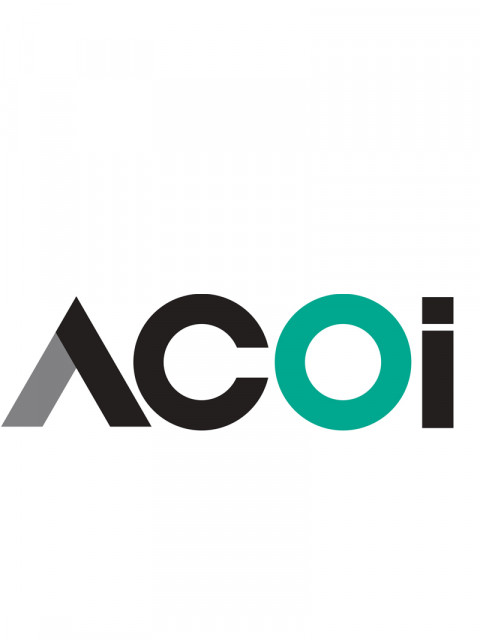
Additional Information on G2211 Complexity of Care Code
by ACOI
July 22, 2024
I was recently researching the newly payable complexity of care code G2211 to see if there was new information to help better understand Medicare’s position on the code. I came across something that surprised me. National Government Services (NGS), one of the Medicare Administrative Carriers (MACs), released a questions and answers (Q&A) document to provide some clarification. Unfortunately, upon further review, I was unable to find a similar document released by any other MAC or the Centers for Medicare and Medicaid Services (CMS). In addition to addressing the usual items such as not reporting it with any service that utilizes a modifier 25, the Q&A addressed questions about limitations on place of service; performance as a telehealth service; or whether it can be used on an incident-to basis. These are important questions, and the reliability of the answers depends on where you are located. You can certainly rely on the answers if you are in the states served by NGS (Connecticut, Illinois, Maine, Massachusetts, Minnesota, New Hampshire, New York, Rhode Island, and Wisconsin) or if your MAC released a similar document. The reliability and applicability of the Q&A released by NGS is more complicated for jurisdictions without clear guidance.
Let us take a step back and discuss what a MAC is and how information released by a MAC is reliable for some to use, and perhaps not for others. CMS relies on a network of MACs to serve as the primary operational contact between the Medicare Fee for Service program and health care providers enrolled in the program. MACs are assigned specific geographic regions, and as such handle claims and inquiries for their designated area. In some cases, their guidance may be more personalized because of local regulations and/or policies.
Often, the “rules” that a MAC follows are more detailed interpretations of a rule issued by CMS. Other times they are an expansion of definitions issued by CMS. For this reason, you must use caution when you verify specific information issued by a MAC that does not serve your location. An opinion approved or issued by one MAC’s medical director may differ from that of another medical director.
What do you do when you find one MAC provides valuable information not provided by the MAC that serves your area? You must exercise caution, calculate your tolerance for risk, and determine what is best for your practice. This is an analysis that your practice must conduct before applying information from a MAC outside your own. You have to determine if you will be comfortable with defending submitted claims based on guidance from another jurisdiction. It is your decision.
The details I was excited to see addressed by NGS regarding the G2211 complexity code are as follows:
- This code is payable when billed via telehealth when the code is added on to services 99202-99215;
- This code is payable to a provider who is also performing chronic care management services on the same patient;
- This code may be billed with evaluation and management (E&M) services performed on an incident to basis; and,
- The code is limited to claims for E&M services performed in the office (POS 11) and outpatient (POS 19 and POS 22) settings. It may also be added to audio/visual telehealth claims for services 99202-99215 when performed with POS 02 and POS 11.
If you are in a state served by NGS, have your staff look for the Q&A document. If you are not in an NGS state, talk to your manager and or biller to get their opinions about using another MAC’s policy and to determine how to proceed. Determine what is best for you and your practice.

